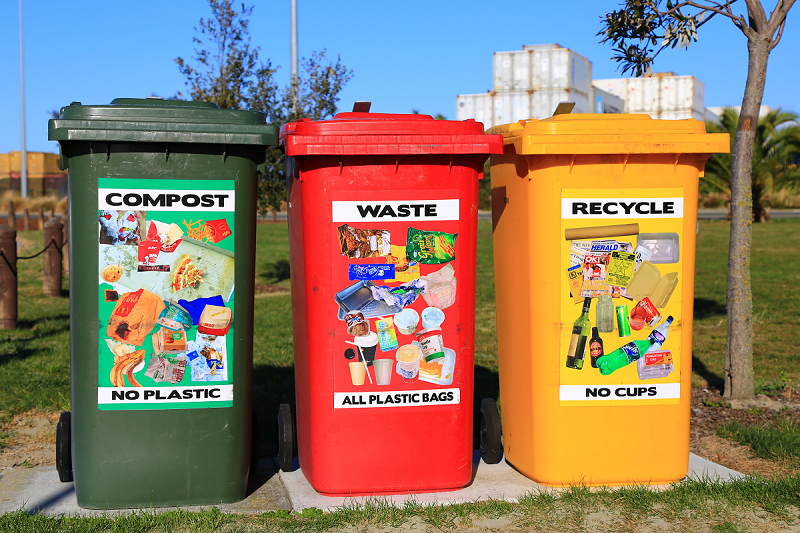
Municipal solid waste (MSW) is defined as waste collected and treated by or for municipalities. As the world hurtles toward its urban future, the amount of MSW, one of the most important by-products of an urban lifestyle, is growing even faster than the rate of urbanization. However, at the international level, there is enormous heterogeneity in national capabilities to handle MSW and in low and middle-income countries about 3 billion people still lack access to controlled waste disposal facilities (UNEP, 2015).
Under the above context, this collaborative research project seeks to bring insights on co-designed innovative solutions designs for inclusive and sustainable urban environments through (i) efficient MSW management (MSWM) and, (ii) value creation from waste. Efficient MSWM means minimizing environmental contamination and health hazards associated with waste generation, disposal and processing, while creation of value refers to employment and revenue generation, better health, inclusion and well-being generated from improving MSWM. Taken together, they define the ‘circular economy model’ for urban areas considered in this project, with the research query being: how can cities transition to the circular model?
To address this question, the SITE4Society framework developed in UNU-MERIT will be applied. Elements of solution design will involve study of science or knowledge mobilisation (S), new infrastructure and other innovations (I), redesign of existing technology (T) and engagement building through regulation, incentive mechanisms, governance innovations, capacity building, behavioural change nudges etc. (E).
The present project aims to make two significant and useful contributions. First, share knowledge on diverse issues in different cities to build collective insight on the nature of possible transition pathways to a circular economy. Second, explore possible cooperation pathways between Europe and emerging and developing countries, to contribute transitions to a circular economy. The expected outputs would not only be academic, but also of practical social value.
Selected outcomes
Academic Publications
- Holden, N. (2019). Prevention is Better than Cure in the Fight Against Food Waste. SITE4society Brief No. 17-2019
- Tomai, M. (2019), Leave no waste behind: Exploring bottom-up initiatives in Ghana, UNU-MERIT blog post
- Yirenya-Tawiah, D. (2019). Knowledge and Perception of Pupils on health and Environmental risk of Open Defecation: A Case study in the first cycle schools in eastern and Volta regions of Ghana, SITE4society Brief No. 20-2019
Scholarly events
- Site visits to waste management points of interest, Accra Ghana, 15 October 2019. Approximately 20 partners (from WUN, and local and international partners) visited Agbogbloshie Scrapyard & Training Centre, in collaboration with GIZ Ghana and engaged in a cleaning exercise with the NGO Plastic Punch at the Regional Maritime University Ghana.
- WUN internal meeting, Accra Ghana, 16 October 2019.WUN partners had a half-day meeting, to examine opportunities for collaboration and other grant applications. Possible funding opportunities have been presented and details about a book proposal have been discussed.
- Multi-stakeholder Forum, Accra Ghana, 17 October 2019. The forum consisted of presentations held by WUN partners on their academic work around innovative solutions for inclusive and sustainable urban environments and two panel discussions with local and international experts and social entrepreneurs.